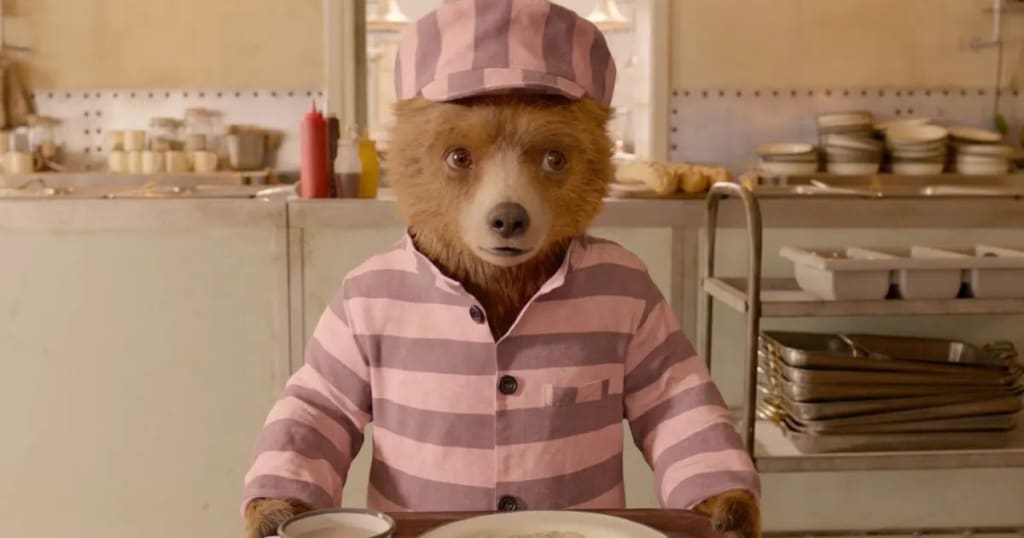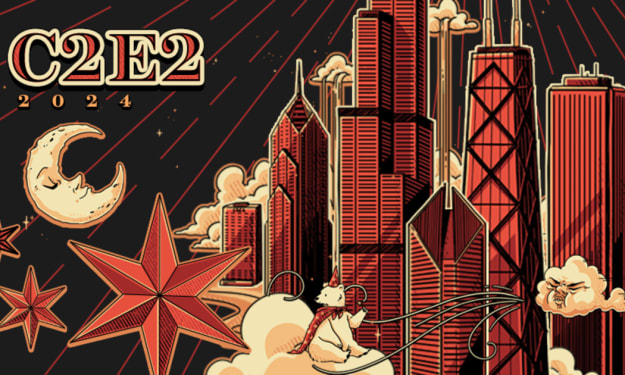‘Citizen Kane’, ‘Paddington 2’ and the Oversimplification of Film Criticism
After one negative review on Rotten Tomatoes, 'Paddington 2' is now the worst movie ever made

This weekend, a 2017 review of the film Paddington 2 was added to Rotten Tomatoes, dropping its perfect score from 100% Fresh to a weak 99%. This follows the recent addition of a review from 1941 to Citizen Kane‘s score, dropping it from the 100% club. Because they both claimed a 100% score with over 100 reviews under their belt, there was a multitude of internet discourse over the title of “Greatest Movie of All Time”. I’m here, not to discuss the 245 Certified Fresh Reviews for Paddington 2 or its potential status as the GOAT. I’m here to discuss the one negative review and the ill-trend in film criticism that it represents.
The Review in Question
The review in question is hardly a film review at all. In its five paragraphs, only one paragraph is dedicated to the actual contents of the film. And within that paragraph, nothing concrete is given to highlight or even nitpick the film. This could be pasted into any review of a Hugh Grant film and it would make just as much sense. I highlight Hugh Grant here because that’s the reviewer’s fixation for about half of the paragraph in question.
The remainder of the review fixates on the Paddington Bear that the reviewer grew up with and how his expectation to find that Paddington in all his nostalgic simplicity was not met. This review doesn’t review the film that is, it reviews the film that isn’t. Not that it will make any real impact on the love that the movie-going and critiquing world has for the Paddington-verse, but it now detracts from the film because it didn’t meet the headcanon that the reviewer had going into it. We see this all the time with Star Wars, Marvel, and DC and it’s funny to me to see Paddington now plagued by the same failure in internet film criticism.
Ye Olden Days
Siskel and Ebert. Leonard Maltin.
There was a time when these three men determined whether or not you saw a movie. They were top dogs, the newspaper frontrunners who saw everything and developed the public’s preconceived opinions of it. This is a lot of sway for three men to yield, and I’m not condoning that kind of gatekept criticism. However, these men earned it. They didn’t just pop open their typewriters and crank out 500 words about whatever nostalgia bug was up their butt. Because they were responsible for the nation’s film barometer and the quality of their organizations, they were held to a critical standard. There is no such thing as objective criticism, but the newspaper and TV days of criticism required uniform measurements. The days of internet criticism do not.
Modern Times (Not the Chaplin Kind)
There isn’t much of a standard to internet criticism. Rotten Tomatoes has its own verification process, as do other major aggregates, but those are often based on numbers rather than professionalism and adherence to the aforementioned uniform measurements. Anyone can pick up a WordPress link and suddenly become their local film critic. As someone who began their first forays into the world of film this way, there is beauty in this in that so many worthy individuals now have a voice; there is also a lot of danger. The fewer voices there are, the easier it is for those voices to be checked and balanced. If Siskel had started going into weekly rants about how Disney’s Robin Hood didn’t show enough respect to Errol Flynn’s The Many Adventures of Robin Hood, he would have quickly been booted from his job at the Chicago Tribune.
Now writers often control their own content from conception, to editing, to publication. There are fewer checks and balances. Instead of holding the critic to higher standards, the reader simply moves onto another voice. Film critics can now jump into the spotlight of virality without actually going through the steps to earn that position. The internet is a terrific place for people to find themselves embedded with people who hate the same things they do. We saw this greatly with Star Wars a few years back, and we see it every day with political extremes. It means that critical voices aren’t having to challenge their audience nor are they themselves as apt to be challenged as a critic.
...
READ THE REST OF THIS ARTICLE ON OUR WEBSITE: https://moviebabble.com/2021/05/30/citizen-kane-paddington-2-and-the-oversimplification-of-film-criticism/
About the Creator
MovieBabble
The Casual Way to Discuss Movies! Head over to moviebabble.com to see all our content!






Comments
There are no comments for this story
Be the first to respond and start the conversation.